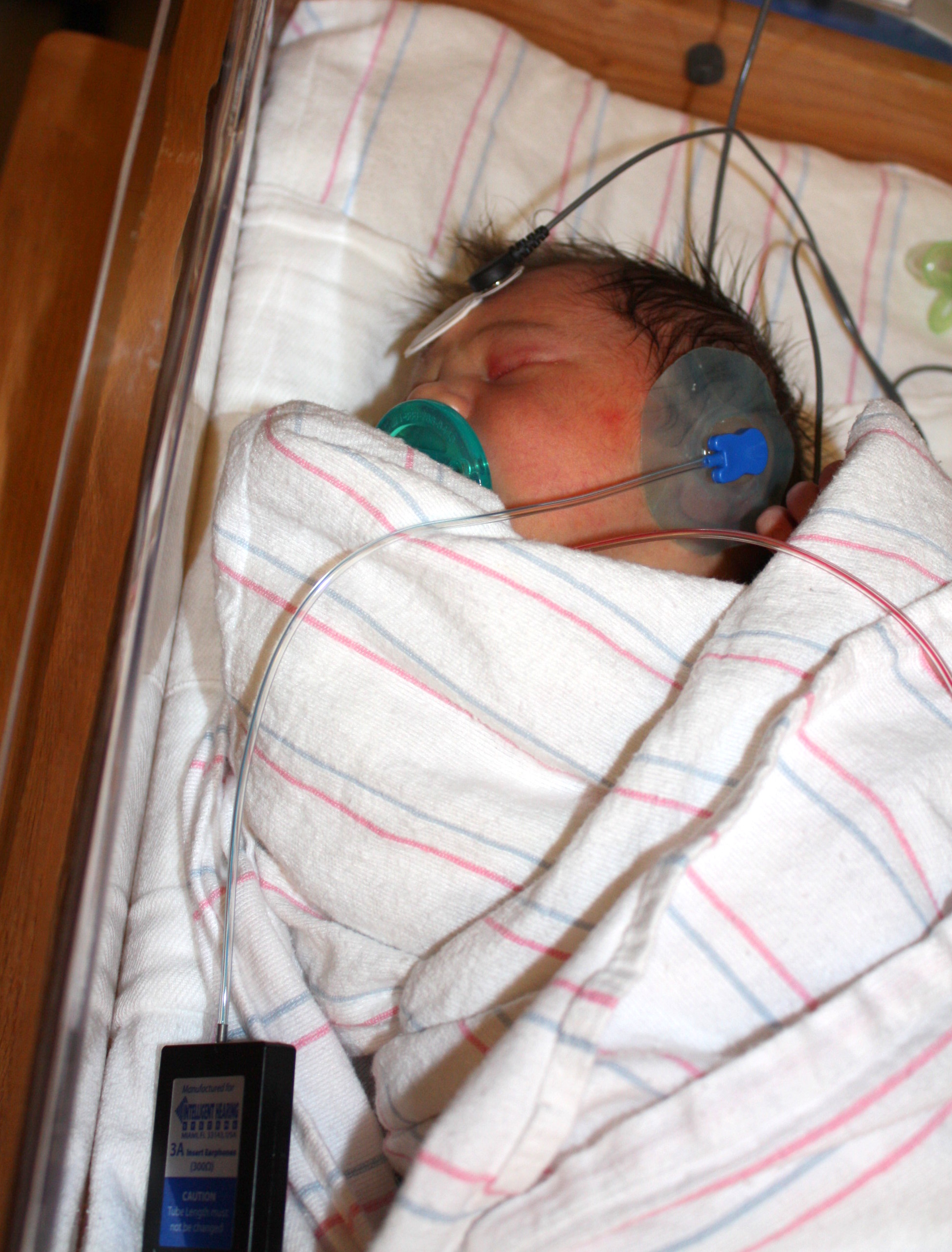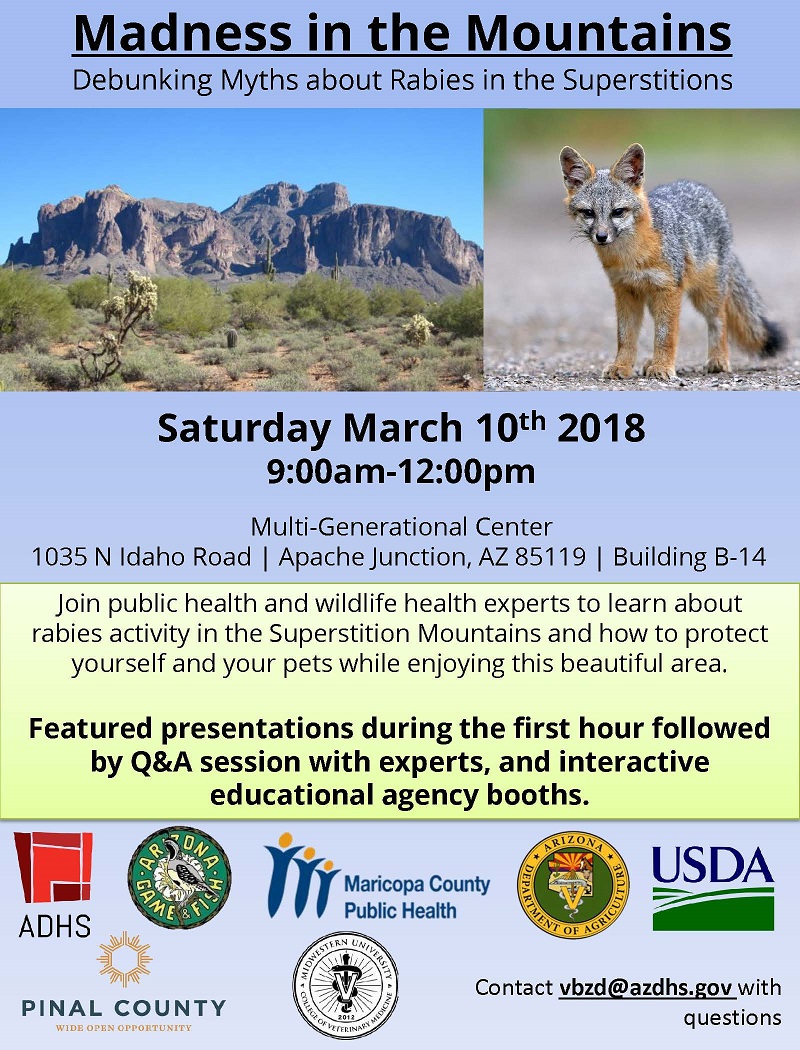 The role of early intervention is key in public health, especially when it comes to speech and hearing. May was Better Speech and Hearing Month and the theme this year was “Communication Takes Care.” An estimated 40 million Americans experience speech or hearing disorders. In Arizona, hearing screening statutes mandate all educational institutions, including private, charter and public schools, to provide hearing screening and referrals to school-aged children. Our Hearing and Vision Screening Program helps schools meet this mandate by loaning hearing screening equipment free of charge to trained screeners. Equipment can be loaned from five convenient locations throughout the state.
The role of early intervention is key in public health, especially when it comes to speech and hearing. May was Better Speech and Hearing Month and the theme this year was “Communication Takes Care.” An estimated 40 million Americans experience speech or hearing disorders. In Arizona, hearing screening statutes mandate all educational institutions, including private, charter and public schools, to provide hearing screening and referrals to school-aged children. Our Hearing and Vision Screening Program helps schools meet this mandate by loaning hearing screening equipment free of charge to trained screeners. Equipment can be loaned from five convenient locations throughout the state.
One of the Hearing and Vision Screening Program’s goals is to identify children with hearing impairments and refer them to intervention services in the community. From there, they can be connected to one of our licensed hearing professionals. We license close to 5,000 Speech and Hearing professionals. Almost two years ago, new rules went into effect for our Speech and Hearing professionals. Our department provided more than 35 hours of training to our Speech and Hearing professionals covering scope of practice for all licensees and how these changes affect the health and safety of individuals that utilize their services.
Early detection and care can occur years before children receive screening at their school.
Early intervention and care counts, as many communication disorders can be reduced or even prevented. Prevention is especially critical for young children using personal technology, especially with use of ear buds or headphones. Some simple tips to protect ears include turning down to half the volume and taking listening breaks to allow ears to rest.
Early treatment takes less time and money and can prevent children from falling behind developmentally, academically, and socially. The good news is services are accessible. Speech Language Pathologists and Audiologists are employed in early intervention programs, in schools, in private practice and in diverse health care settings.












Did you know hearing loss is the #1 side affect from cCmv (cytomegalovirus). My 18yr old daughter was born with cCmv. No Dr’s test for it, OBGYN’s don’t tell you about it & it’s not mandated by the CDC. Unfortunately it’s been around for years & a vaccine is still in research. June is national CMV awareness month. In my opinion when a baby fails their newborn hearing screen they should automatically be tested for CMV.